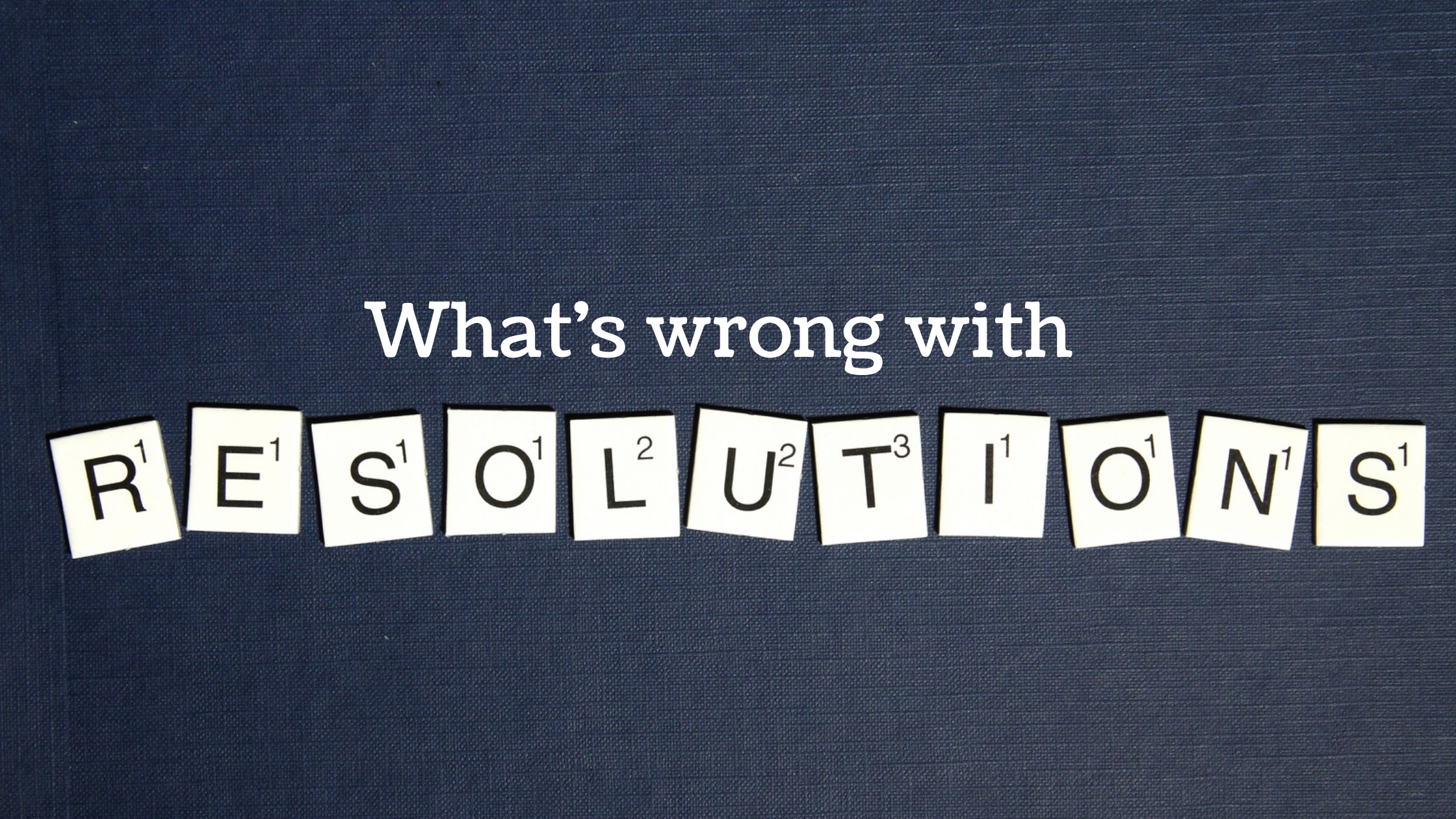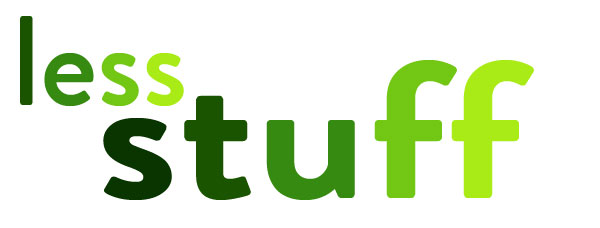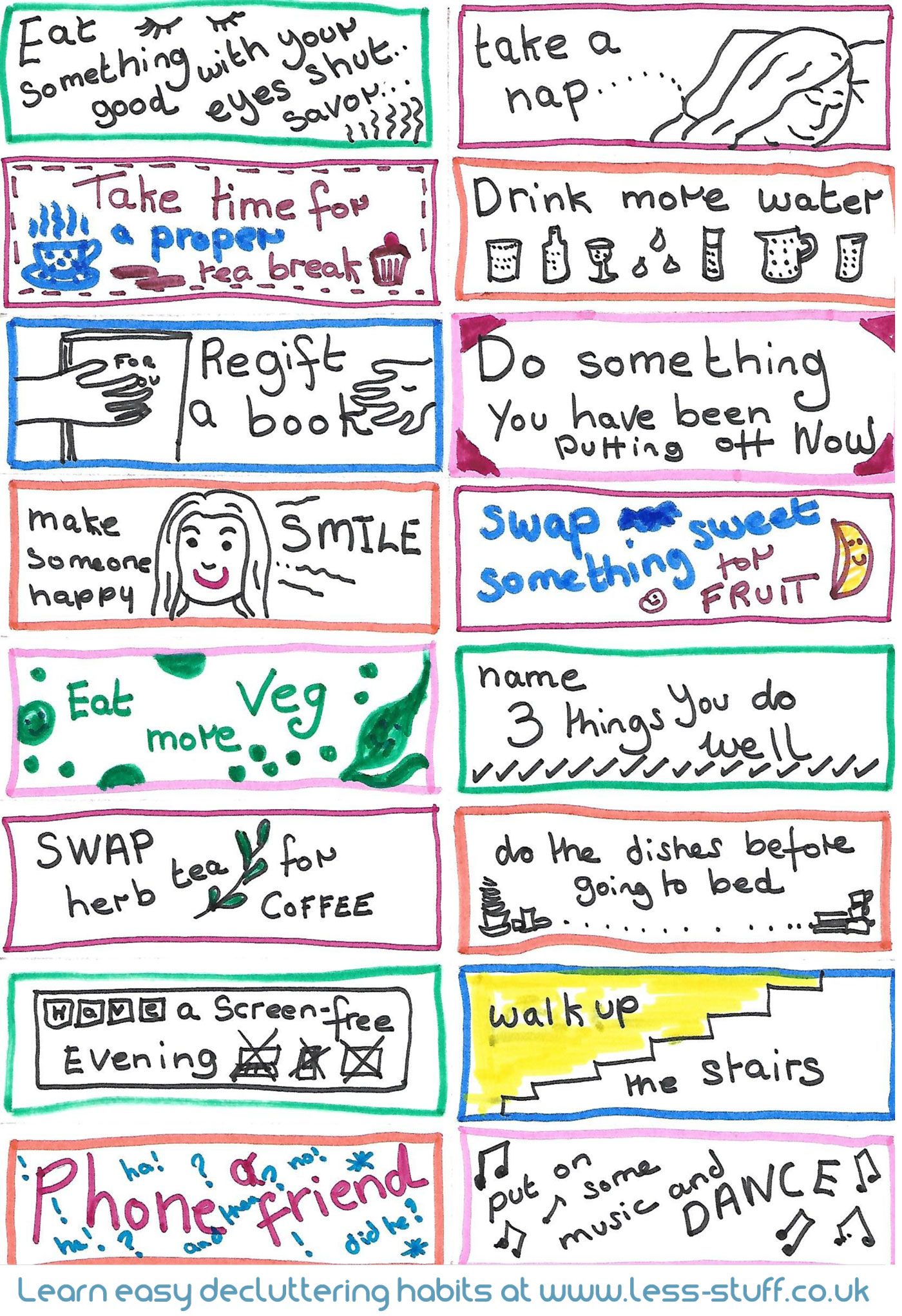
What’s wrong with resolutions?

Forget resolutions
January is often a time for resolutions and clean slates. It can be really tempting to start a strict diet or pull out all your clothes to declutter them. Have a gentle January with a different approach that is more likely to make you feel better.
Resolutions are hard. It takes a lot of motivation and discipline to stick to the slightest pledge you make to yourself and the failure rate of goal based resolutions is high. A study by the University of Scranton tracked 200 resolvers over 2 years. Over ¾ of the respondents kept to their resolutions for a week but only 19% of them for 2 years. Stress was one of the key reasons people gave up or slipped on their resolutions.
What happens when you fail a resolution?
In 2019 the most common resolutions according to YouGov were exercising more (50%), saving money (49%), eating more healthily (43%), and losing weight (37%). Everyone starts off with the best intentions but I’m sure we have all experienced the ‘sod it’ moment when we slip up. It could be a single ginger biscuit eaten on a strict no carb diet that leads to a big pasta dinner because you feel you have already ruined your diet. On a good day you might be able to return to the diet the next day but most humans are more black and white about our slip ups. We can feel that one tiny error can ruin the whole thing.
Failing resolutions can make you feel terrible, which can lead to more ginger nuts to make you feel better, which works in the moment but in the long run makes you feel more terrible. If we apply a bit of cognitive behaviour therapy to this problem we need to look at the place in the timeline where we can break the cycle. Not starting a resolution in the first place can be more a lot more beneficial than trying and failing.
Making changes without resolutions
If you can take the pressure to be totally perfect away you stand a better chance of making changes long term. Here are a few ideas.
Shorten the timescale
The Scranton study told us that 76% of people can stick to a resolution for a week. If you really feel like you need to make a big change, try it for 7 days, or 5 and have the weekend off. If that works, do it again the week after.
Lessen the change
“No more sugar” is an honourable but difficult challenge to stick to. Try “Only one ginger nut a day” or “Chocolate at the weekend only” instead. Achieving tiny little goals will give you a tiny little endorphin rush and make you feel like you are winning, which you are.
Have a gentle January
My long term resolution, that I am working on in small steps, is to stop working for free, so you won’t see any more free resources about Gentle January on the website. Patreons support the site for as little as £1 a month and they will get posts, ideas and worksheets to help them make changes that stick. They also get all the free books they can read.
If you like what you have read and want more of this kind of thing please become a Patreon.


